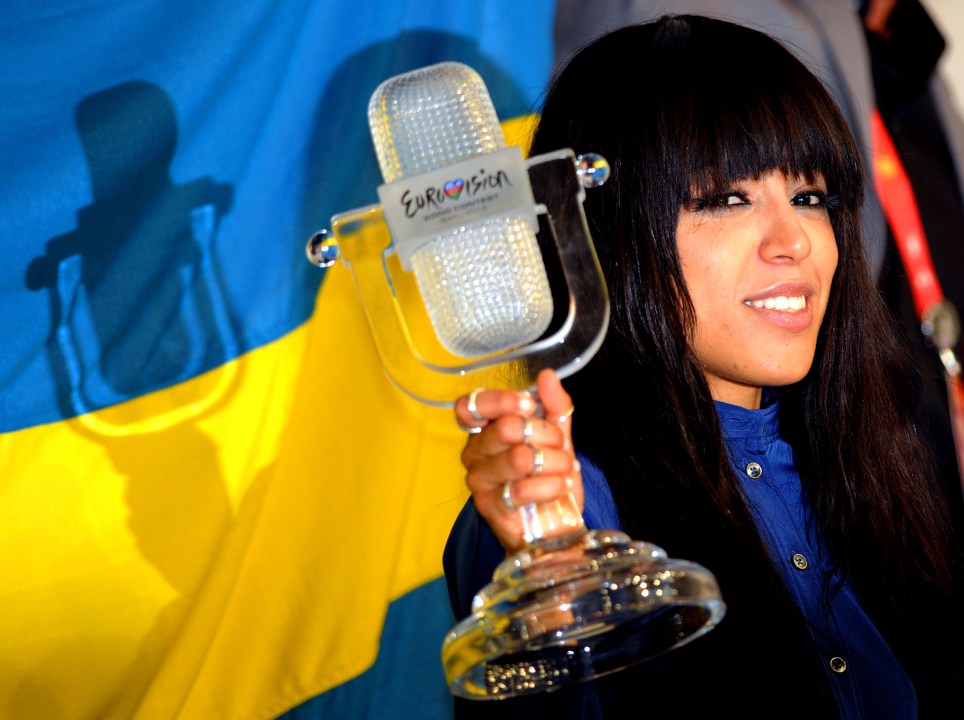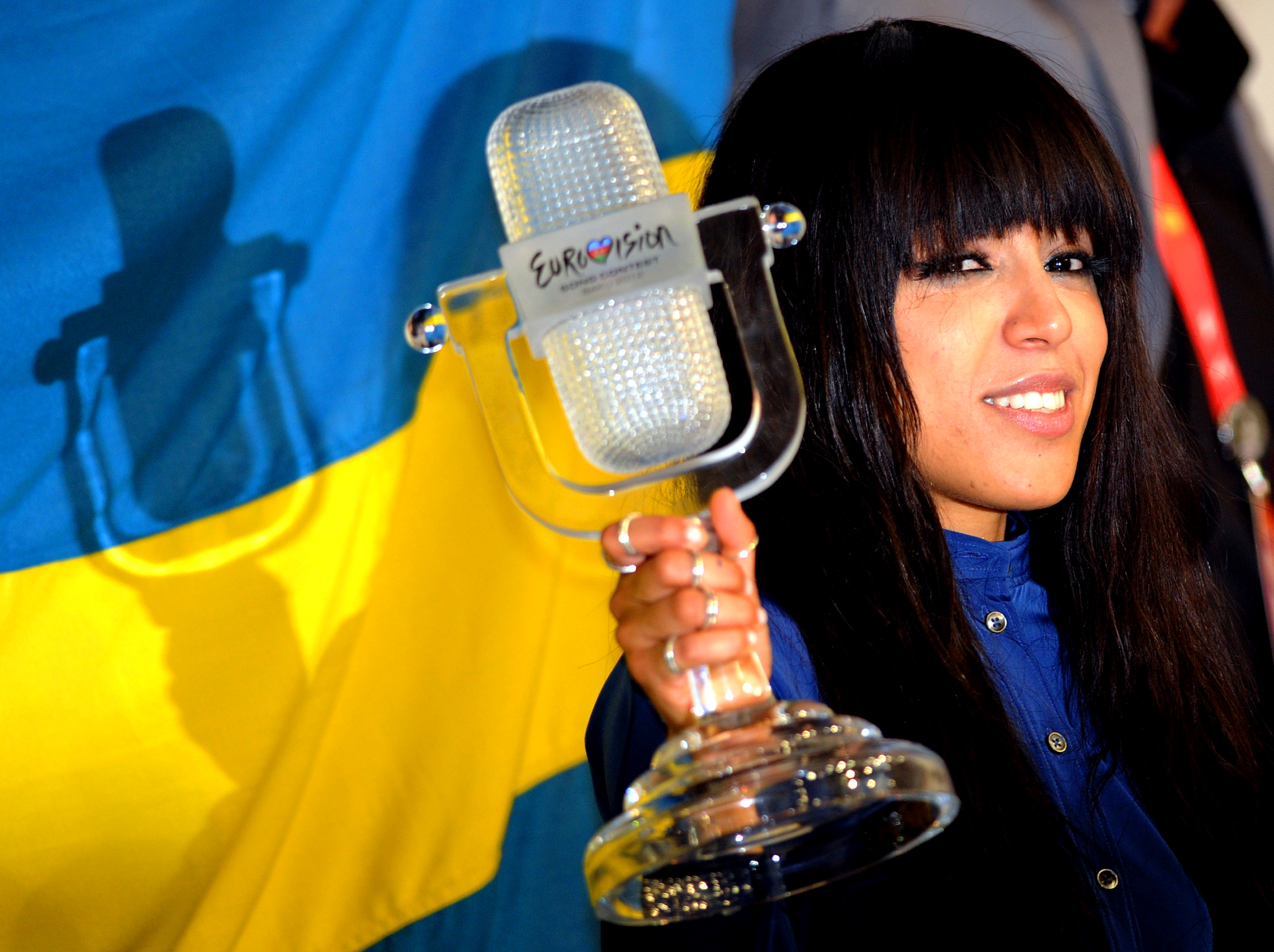There are calls for Britain to pull out of the Eurovision Song Contest, after
Engelbert Humperdinck finished second-last on Saturday, with Norway bottom. The Mayor of Leicester has today denounced Eurovision, saying: ‘The politics of Europe — which
countries are friendly with which others — has a lot more to do with it than the quality of the songs.’ I agree: politics are involved and it is outrageous. Had George Osborne not
given Ireland that £3.2 billion loan we would not have had its four points and Britain would be where it deserved: at the very
bottom. We were dismal, and in the eyes of half a billion people. But the solution is not to withdraw from Eurovision. The solution is to properly compete.
Each year, the British entry has an unwritten but clear subtext: ‘we think this song is so bad that you lot might actually like it’. But it’s not as if Britain can’t export
pop music: we can, better than anyone. We won Eurovision five times, and nailed 15 second places — but that was in the days when we tried. In the 1960s, when we were begging to join the
Common Market and being rebuffed by de Gaulle, we wanted Eurovision and entered songs with titles like ‘I belong!’ It was Buck’s Fizz that invented the since-imitated striptease dance routine in 1981. But, in recent years, we stopped trying try. Typically, it’s the bad use of
public money that’s to blame. The UK is guaranteed a place in the Eurovision final, because of the amout of (your) money given to the European Broadcasting Union which runs the show. So we
don’t try.
The problem is that the BBC, which controls our Eurovision entry, has lost respect for the contest — and lost any idea of what it is all about. Yes, politics are now infused in the contest.
But this just adds to the intrigue; there is a skill in getting it right. Nul Points Norway demonstrated this only three years ago when they fielded a Minsk-born Russian on a traditional Norwegian fiddle: a mixture of internationalism and ethnicity which has gone down so well in
Eurovision in recent years. This year’s winning entry was Lorine Zineb Talhaoui, a singer born in Stockholm to Moroccans, and she distinguished herself from the Eurovision female rivals by
covering up and keeping her clothes on. It was elegant, understated, international and a sign of respect to European voters. Sweden judged the moment perfectly.
Crucially, Sweden prepared for Eurovision after a rigorous selection procedure. The bizarre choice of Humperdinck came from a closed
BBC panel, with less transparency than a papal election. Withdrawing from Eurovision is, of course, an option. It’s one that Italy took in the mid-90s, but they came back realising that
Eurovision is now the world’s most watched television event (outside the world of sport). Britain has a brilliant music industry, and the country that gave X-Factor to the world knows how to
run talent contests. Azerbaijan’s winning entry last year was sung by a girl from Enfield, north London. Britain does have plenty of
talent; we just should not trust the BBC to find it.
P.S. Before CoffeeHousers accuse me of being an irredeemable Europhile, I’d like to say that a) I plead guilty to loving Europe, and b) for that reason, I’m hostile to the European Union which is making its constituent nations poorer and less free. As I wrote in a Telegraph column on Saturday, I’m for a union of peoples, not of governments.








Comments